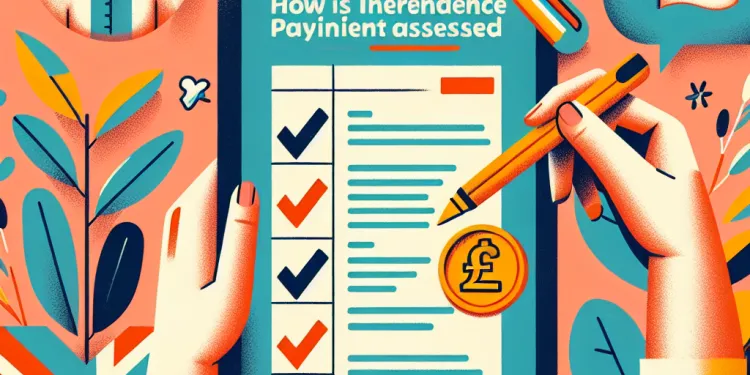
Find Help
More Items From Ergsy search
-
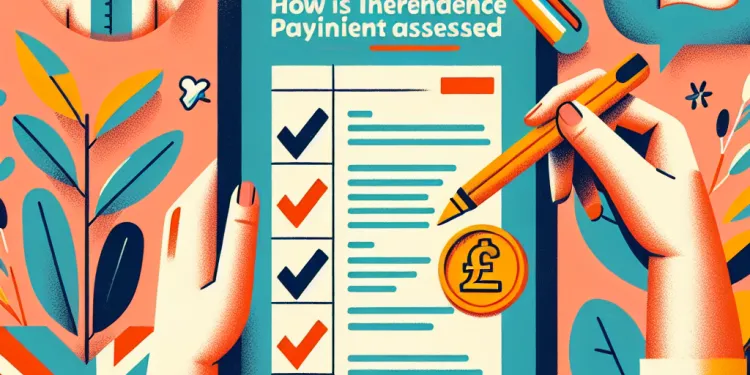
How is PIP assessed?
Relevance: 100%
-

Who can claim PIP?
Relevance: 71%
-
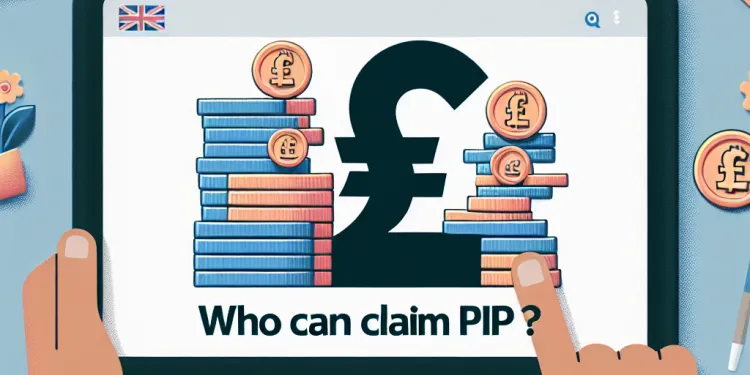
Who can claim PIP?
Relevance: 71%
-

What is Personal Independence Payment (PIP)?
Relevance: 70%
-

What is Personal Independence Payment (PIP)?
Relevance: 70%
-

What is Personal Independence Payment (PIP) & Attendance Allowance?
Relevance: 64%
-
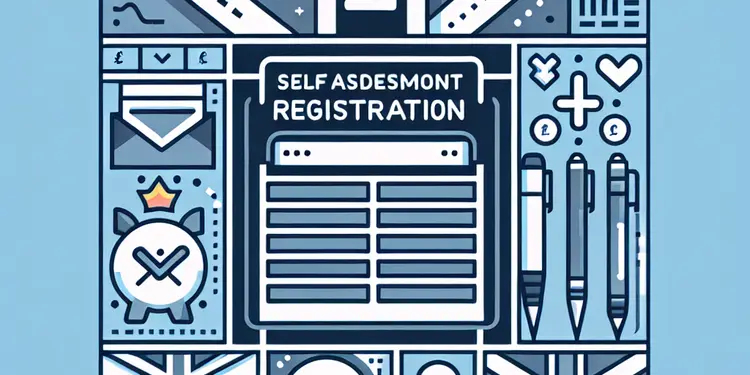
How do I register for Self Assessment?
Relevance: 34%
-
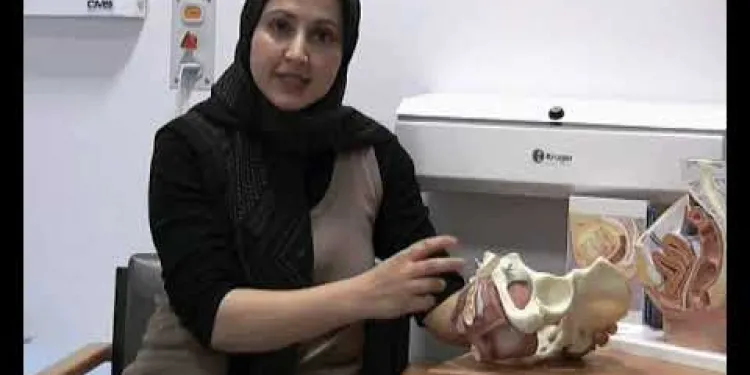
Physiotherapy Assessment of Urinary Incontinence
Relevance: 33%
-

Who is responsible for assessing SEND needs?
Relevance: 33%
-

What is a Self Assessment tax return?
Relevance: 33%
-
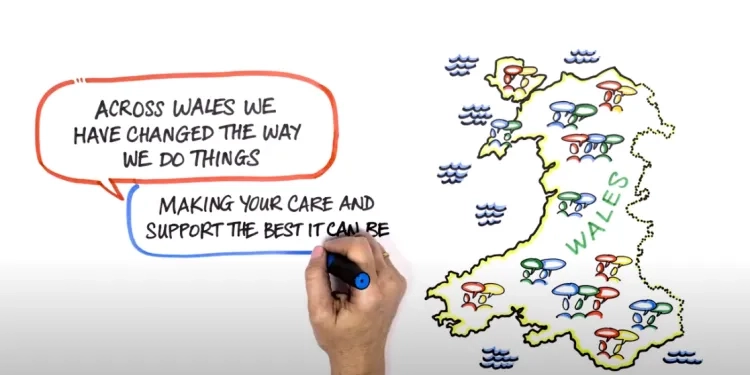
Social Services and Well-being (Wales) Act: Assessments
Relevance: 31%
-
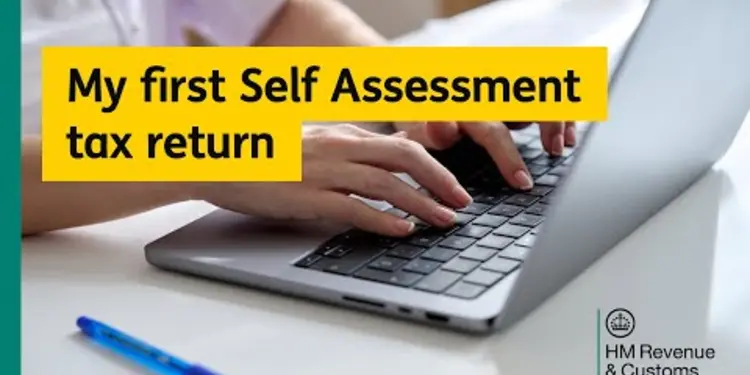
My first Self Assessment tax return
Relevance: 31%
-

Autism Assessment - What Happens in Your Appointment
Relevance: 31%
-

How do I complete my Self Assessment tax return?
Relevance: 31%
-

What is the role of mental health assessments in indefinite sentences?
Relevance: 30%
-

Can I get help from HMRC with my Self Assessment?
Relevance: 30%
-

Who needs to file a Self Assessment tax return?
Relevance: 30%
-

What records should I keep for my Self Assessment?
Relevance: 29%
-

What should I do if I disagree with a penalty point assessment?
Relevance: 29%
-

Assessing the stroke patient
Relevance: 29%
-
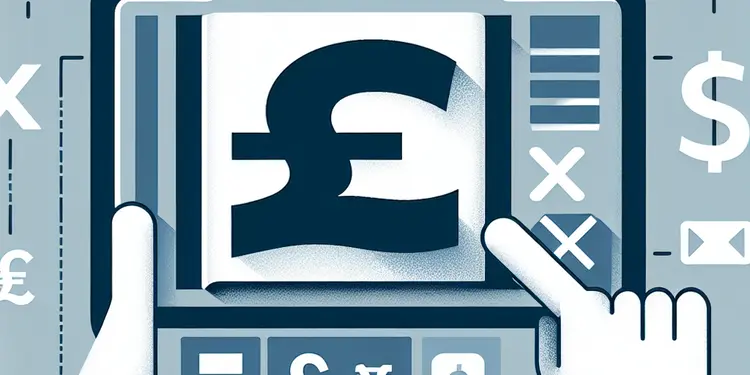
When is the deadline for submitting my Self Assessment tax return?
Relevance: 29%
-

Do I need an accountant to file a Self Assessment tax return?
Relevance: 29%
-

What happens if I miss the Self Assessment deadline?
Relevance: 29%
-

Are there any AI-based tools available for lung cancer risk assessment?
Relevance: 29%
-
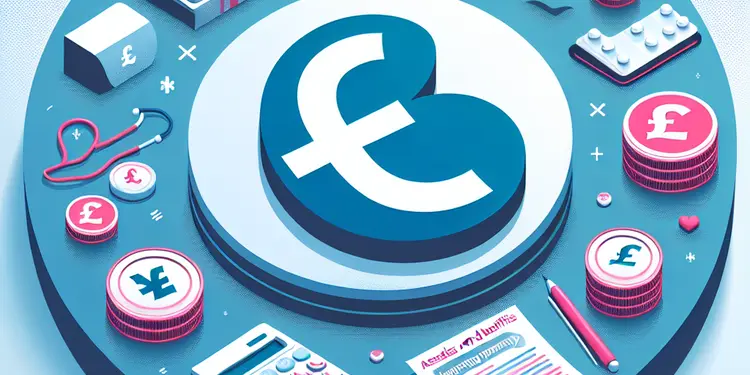
How can the risks and benefits of medications during pregnancy be assessed?
Relevance: 28%
-

Who is eligible for a Time to Pay arrangement for Self Assessment?
Relevance: 28%
-

What documents do I need to assess if I was mis-sold car finance?
Relevance: 28%
-

What if I owe more than £30,000 in Self Assessment tax?
Relevance: 27%
-
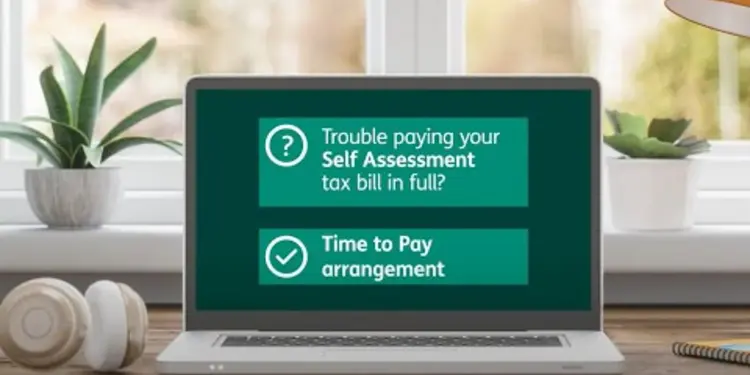
How to set up a Time to Pay arrangement online for Self Assessment
Relevance: 27%
-

What information do I need to complete my Self Assessment tax return?
Relevance: 26%
-

Is there any assistance for those who cannot work up to the new state pension age?
Relevance: 26%
-

What is a Time to Pay arrangement for Self Assessment?
Relevance: 26%
-

How can family members help assess an elderly person's driving ability?
Relevance: 25%
-

What expenses can I claim on my Self Assessment?
Relevance: 25%
-
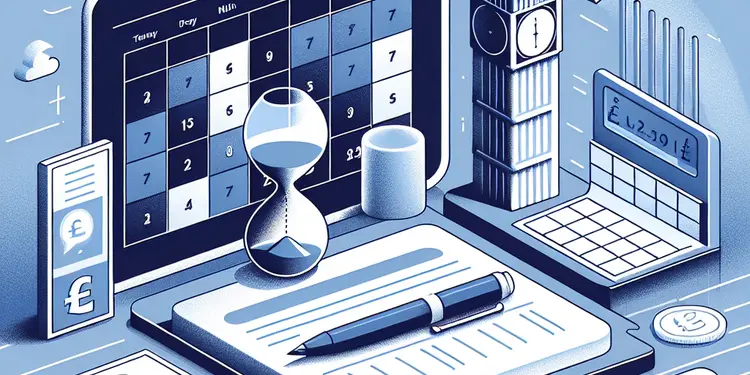
When can I set up a Time to Pay arrangement for Self Assessment?
Relevance: 24%
-
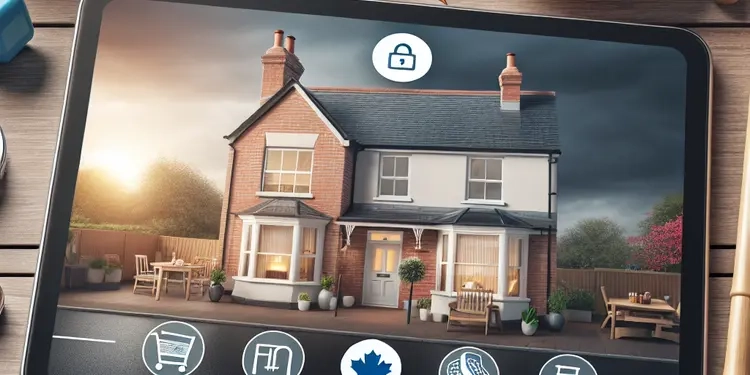
How can I assess the safety of an elderly person's home?
Relevance: 22%
-
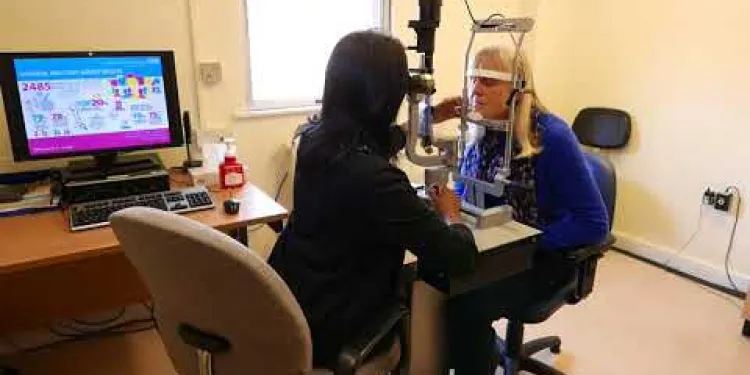
Derbyshire Diabetic Eye Screening - Assessment Clinic Appointment
Relevance: 22%
-

How can I apply for a Time to Pay arrangement online for Self Assessment?
Relevance: 22%
-

What records should I keep for my Self Assessment?
Relevance: 19%
-

Who needs to file a Self Assessment tax return?
Relevance: 18%
What is Personal Independence Payment (PIP)?
Personal Independence Payment (PIP) is a benefit in the UK designed to help with extra costs for individuals who have long-term physical or mental health conditions or disabilities. It is intended for people aged 16 or over and under State Pension age. PIP helps with the additional expenses that such conditions can incur and is not means-tested or affected by an individual's income or savings.
The Components of PIP
PIP is divided into two components: the daily living component and the mobility component. Each component has two rates: standard and enhanced. The daily living component is for those who need help with everyday tasks, while the mobility component is for those who need help with getting around.
The PIP Assessment Process
The PIP assessment process involves several steps to determine eligibility. Initially, claimants complete the ‘How your disability affects you’ form, which provides detailed information about how their condition impacts their daily life and mobility. This form serves as the foundation for the assessment process.
Face-to-Face Assessment
After submitting the form, most claimants are required to attend a face-to-face assessment. These assessments are conducted by health professionals who are contracted by the Department for Work and Pensions (DWP). The assessor may be a nurse, occupational therapist, paramedic, or physiotherapist. During the assessment, the health professional will discuss details about how the claimant's condition affects them and may ask additional questions.
Assessment Criteria
The PIP assessment is points-based and evaluates the impact of the claimant's condition on their daily life and mobility. For the daily living component, criteria include tasks such as preparing food, eating, washing, dressing, managing treatments, and communicating. For the mobility component, criteria include planning and following journeys, as well as moving around. Each activity is scored on a scale to reflect the level of difficulty experienced by the claimant.
Decision and Award
After the assessment, the health professional sends a report with recommendations to the DWP, who then make a decision on the claim. The claimant receives a letter detailing the decision, how it was reached, and the awarded rate of PIP, if eligible. Awards can be for a fixed period or indefinite, with a scheduled review to ensure continued eligibility.
Challenging a Decision
If a claimant disagrees with the decision, they have the right to request a mandatory reconsideration, where the decision is reviewed by the DWP. If still dissatisfied, the claimant can appeal to an independent tribunal. It is essential for claimants to provide all relevant evidence and information to support their case at each stage of the process.
What is Personal Independence Payment (PIP)?
Personal Independence Payment, or PIP, is money from the UK government. It helps people who have long-term physical or mental health problems or disabilities. PIP is for people aged 16 and older but younger than the State Pension age. It helps with extra costs because of your condition. You can get PIP no matter how much money you have.
The Parts of PIP
PIP has two parts: daily living and mobility. Each part has two levels: standard and enhanced. The daily living part is for people who need help with everyday things. The mobility part is for people who need help with moving around.
The PIP Assessment Steps
To see if you can get PIP, you follow a process. First, you fill out a form called ‘How your disability affects you’. This form asks for details about how your condition affects your daily life and moving around. The form is important for the assessment.
Meeting a Health Professional
After sending in the form, most people meet a health professional. The meeting is to talk more about your condition. The person you meet could be a nurse, therapist, or other health worker. They will ask questions about how your condition affects you.
How PIP is Judged
PIP is scored with points. The score shows how your condition affects your daily life and moving. For daily living, they look at things like cooking, eating, and washing. For moving, they look at how you travel and move around. Each task is given points to show how hard it is for you.
Getting a Decision
After the meeting, the health worker sends a report to the government. They decide if you get PIP. You get a letter telling you the decision, why it was made, and how much you will get if you qualify. Some people get PIP for a fixed time, and some get it for a long time, with reviews later.
Disagreeing with the Decision
If you think the decision is wrong, you can ask for a second look. This is called a mandatory reconsideration. If you are still unhappy, you can appeal to a tribunal. It's important to give all the proof you have to help your case.
Helpful tools: You can use a digital assistant to read information out loud or try using text-to-speech software to make things easier. You can ask friends or family to help you understand the steps.
Frequently Asked Questions
What is PIP?
PIP stands for Personal Independence Payment, a benefit to help people with long-term ill health or disability.
Who can be assessed for PIP?
Individuals aged 16 or over, under State Pension age, with a health condition or disability that affects daily living or mobility may be assessed.
How is the PIP assessment conducted?
The PIP assessment is conducted through a mixture of a self-filled form, face-to-face or telephone consultation, and reports from health professionals.
What activities are assessed for Daily Living in PIP?
Daily Living activities include preparing food, washing, dressing, managing treatments, and communicating.
What activities are assessed for Mobility in PIP?
Mobility activities include planning and following a journey and moving around.
What is the PIP 2 form?
The PIP 2 form, 'How your disability affects you', is a questionnaire that applicants fill out detailing how their condition affects their daily life.
What happens after submitting the PIP 2 form?
After submitting the form, a health professional reviews the information and may contact the applicant for further information.
Do all PIP applicants have to attend a face-to-face assessment?
Not all applicants require a face-to-face assessment; some may be assessed based on the form and medical evidence alone.
How is the PIP assessment score calculated?
Scores are based on the applicant's ability to perform daily living and mobility tasks, with points awarded for different levels of difficulty.
What is the threshold score to receive PIP?
For daily living, a score of at least 8 points is needed for the standard rate, and 12 for the enhanced rate. The same scoring applies for mobility.
How long does the PIP assessment take?
The entire assessment process can take several weeks, depending on the need for a face-to-face consultation and the complexity of the case.
What should I bring to a PIP assessment?
You should bring identification, any additional medical evidence, and a list of prescribed medications.
Can someone accompany me to a PIP assessment?
Yes, you can bring someone with you, such as a friend, family member, or advocate, to the assessment.
What if I disagree with the PIP assessment outcome?
If you disagree, you can request a mandatory reconsideration and, if needed, further appeal the decision.
Do I need a medical report for my PIP assessment?
While not mandatory, medical reports from doctors or specialists can support your application and provide valuable context.
How are mental health conditions assessed in PIP?
Mental health conditions are assessed based on how they affect your ability to perform daily tasks and manage travel.
Can PIP assessments be conducted at home?
Home assessments can be arranged if it's justified by your condition, but evidence may be required.
What is a Capita or IAS in the context of PIP?
Capita and Independent Assessment Services (IAS) are companies contracted by the government to carry out PIP assessments.
How should I prepare for a PIP assessment?
Review the activities you're assessed on, prepare supporting documents, and practice describing how your condition affects these activities.
Are PIP assessments conducted in private?
Yes, assessments are typically conducted in a private room to ensure confidentiality and comfort.
What is PIP?
PIP stands for Personal Independence Payment. It is money from the government. It helps people who need extra support because of a disability or health problem.
Here are some things you can do to understand PIP better:
- Ask someone you trust to help explain it.
- Use pictures or videos that show what PIP is and how it can help.
- Visit a local advice center or speak to a support worker.
PIP means Personal Independence Payment. It is money to help people who are sick for a long time or have a disability.
Who can get looked at for PIP?
If you have trouble doing everyday things because you are sick or have a disability, you might get help with money. This money help is called PIP.
You can ask for PIP if you are:
- Older than 16 and younger than State Pension age.
- Living in the UK.
- Having trouble for at least 3 months.
- Expecting to have trouble for at least 9 more months.
If you think you might need help, ask someone you trust to help you fill in the forms. You can also call the PIP helpline for more help.
If you are 16 or older and not old enough for a State Pension, you might be able to get help if you have a health problem or disability that makes it hard to do everyday things or move around.
What happens in a PIP check?
When someone gets a PIP check, it helps to know what to expect.
This check is to see if someone needs extra help. A person will talk to someone who asks questions. These questions help to understand what the person can do and what they might find hard.
Here are some tips to make it easier:
- Write down things that are difficult for you before the check.
- Bring someone with you for support.
- Take your time to answer each question.
If you have difficulty answering questions, you can use pictures or stories to explain. It’s okay to ask the person to say something in a different way if you don’t understand.
The PIP check is done in a few steps: you fill out a form yourself, you talk to someone on the phone or in person, and doctors give their information too.
What Daily Living Activities Are Checked in PIP?
PIP looks at how you do everyday things. Here are the main activities checked:
- Eating and drinking
- Getting dressed or undressed
- Washing and bathing
- Using the toilet
- Talking to people
- Reading and understanding things
- Handling money
- Shopping and preparing food
- Looking after your medications
If these things are hard for you, talk to someone you trust or use tools such as picture charts to help.
Everyday tasks are things like making food, washing, getting dressed, taking medicine, and talking to people.
How does PIP look at moving around?
Mobility activities mean planning how to get from one place to another and moving around.
What is the PIP 2 form?
The PIP 2 form is a paper you fill out. It helps you to apply for Personal Independence Payment (PIP). PIP is money from the government for people who need extra help because of a health problem or disability.
You can ask for help if you find forms tricky. Friends, family, or a support worker can help you. You can also use a computer to type instead of writing. This might make it easier.
The PIP 2 form is called 'How your disability affects you'. It is a set of questions. People fill it out to show how their condition makes daily life harder.
What happens after you send your PIP 2 form?
Once you send your PIP 2 form, here is what will happen:
- Someone will look at your form.
- They will decide if you need to talk with a helper. This is called an assessment.
- You might have a meeting in person, on the phone, or by video.
- After the meeting, they will write to tell you if you will get PIP money.
If you need help:
- Ask a friend or family member to help you.
- You can use colored pens to highlight important parts.
- Use sticky notes to write reminders.
After you fill out the form, a health worker looks at what you wrote. They might call you to ask more questions.
Do you have to go to a meeting to get PIP?
Not everyone needs to have a meeting in person. Some people can be checked by looking at their forms and doctor’s notes.
How do they work out your PIP score?
Points are given based on how well a person can do everyday tasks and move around. The more difficult the task, the more points they get.
What score do you need to get PIP?
To get the standard rate help, you need at least 8 points. For more help, called the enhanced rate, you need 12 points or more. This is the same for getting around (mobility) help.
If you find this confusing, you can use tools like highlighting important words or making a list of key points. You can also ask someone to read it with you for extra support.
How long does the PIP check take?
The PIP check takes about 1 to 2 hours.
PIP is money to help people with extra needs.
You can use a clock or timer to help you know the time.
If you need help, you can bring a friend or family.
They can help you feel better and listen too.
The whole assessment process can take a few weeks. This depends on if you need to talk to someone in person and if your case is complicated.
What to Take to a PIP Meeting?
Here are some things you can take with you to the meeting:
- Your ID: Bring something that shows who you are, like a passport or driving license.
- Your PIP letter: Take the letter from PIP about this meeting.
- Notes: Write down things you want to say so you don’t forget.
- Medical papers: Bring any letters from your doctor or other helpers.
- Someone with you: If you can, take a friend or family member to help.
Some helpful tips:
- Practice talking about the help you need every day.
- Use easy tools like a phone app to remind you of things.
You should bring an ID card, any extra medical papers, and a list of your medicines.
Can someone come with me to a PIP meeting?
You can take someone with you to the PIP meeting. A friend, family member, or support worker can come. They can help you feel better and say things if you need help.
Here are some tips to help you:
- Ask someone you trust to go with you.
- Tell them the date and time of the meeting.
- Write down what you want to say at the meeting.
- Practice saying these things with your helper.
This will help you feel ready for the meeting.
Yes, you can bring someone with you. It could be a friend, a family member, or someone who helps you. They can come with you to the meeting.
What if I don't agree with the PIP decision?
If you do not agree with the PIP decision, you can ask to look at it again.
You can ask for this within one month from the date you got the letter.
This is called asking for a 'Mandatory Reconsideration'.
Here are some steps to help:
- Write down why you do not agree.
- You can ask someone to help you, like a friend or advisor.
- Send more information if you have it, like a doctor’s note.
Remember, it is okay to ask for help. Family members, friends, or advice centers can support you.
If you do not agree, you can ask for someone to look at the decision again. This is called a mandatory reconsideration. If you still do not agree, you can ask for an appeal to change the decision.
Do I need a doctor's report for my PIP meeting?
When you have a PIP meeting, you might need a doctor's report. This report helps show how your health affects you. It is good to ask your doctor for one. If you don’t have a report, don't worry. You can still go to the meeting and tell them about how you feel.
Here are some tips to help you:
- Bring any letters from your doctor or hospital.
- Write down how your health makes your day hard.
- Ask someone to help you explain things.
You don’t have to have them, but reports from doctors can help with your application. They give important information.
How does PIP check mental health?
PIP is money to help people who find things hard because of health problems.
If you have mental health issues, PIP needs to know how it affects you.
They will ask questions to understand your difficulties.
You can have someone with you to help answer the questions.
Bring notes or letters from doctors or carers to show your needs.
You might have a meeting with a person who checks your health.
They want to see what help you need in daily life.
Mental health is about how our mind feels. Sometimes it can be hard to do things every day if your mind is not feeling well. Your brain might also find it tricky to plan trips or go places.
Can PIP assessments happen at home?
PIP means Personal Independence Payment. Sometimes, people need help to find out if they can get PIP money.
PIP assessments are meetings. In these meetings, someone checks what help you might need.
Yes, PIP assessments can happen at your home. This is to make it easier for you.
If you want a home visit, you can ask for it. Tell them why it is hard for you to go somewhere else.
If you need help, ask a family member or friend to be there with you.
You can also use tools like a calendar to remember the visit date.
If you need someone to visit your home to check on things, it can be arranged. But, you might need to show why you need this help.
What Do Capita and IAS Mean for PIP?
PIP is money to help people with extra needs because of their health.
Capita and IAS are companies. They check if people can get this money.
If you need help, ask a family member or a support worker. They can explain more.
Capita and Independent Assessment Services (IAS) are companies that work for the government. They help check if people can get PIP, which is money to help with living costs.
How can I get ready for a PIP meeting?
A PIP meeting checks what help you need. Here are some tips:
- Make a list: Write down what you find hard to do every day. This will help you remember.
- Bring someone with you: Ask a friend or family member to come with you. They can give you support.
- Use a diary: Keep a diary of your daily tasks and any problems you have. This shows what you need help with.
- Use clear words: Explain things simply and clearly. It helps people understand you better.
- Practice speaking: Talk about what you find difficult with a friend before the meeting to help you get ready.
Look at the things you need to do. Get your papers ready. Practice talking about how your condition makes these things harder for you.
Do PIP assessments happen in private?
PIP assessments are meetings to see if you can get help from the government because of an illness or disability. These meetings usually happen in a private room. It means only you, the person doing the assessment, and maybe someone you bring with you are there.
If you feel worried, you can bring a friend or family member. They can help you and give you support.
Yes, tests usually happen in a special room. This makes sure what you say is private and helps you feel comfortable.
Useful Links
This website offers general information and is not a substitute for professional advice.
Always seek guidance from qualified professionals.
If you have any medical concerns or need urgent help, contact a healthcare professional or emergency services immediately.
Some of this content was generated with AI assistance. We’ve done our best to keep it accurate, helpful, and human-friendly.
- Ergsy carfully checks the information in the videos we provide here.
- Videos shown by Youtube after a video has completed, have NOT been reviewed by ERGSY.
- To view, click the arrow in centre of video.
- Most of the videos you find here will have subtitles and/or closed captions available.
- You may need to turn these on, and choose your preferred language.
- Go to the video you'd like to watch.
- If closed captions (CC) are available, settings will be visible on the bottom right of the video player.
- To turn on Captions, click settings .
- To turn off Captions, click settings again.
More Items From Ergsy search
-

How is PIP assessed?
Relevance: 100%
-

Who can claim PIP?
Relevance: 71%
-

Who can claim PIP?
Relevance: 71%
-

What is Personal Independence Payment (PIP)?
Relevance: 70%
-

What is Personal Independence Payment (PIP)?
Relevance: 70%
-

What is Personal Independence Payment (PIP) & Attendance Allowance?
Relevance: 64%
-

How do I register for Self Assessment?
Relevance: 34%
-

Physiotherapy Assessment of Urinary Incontinence
Relevance: 33%
-

Who is responsible for assessing SEND needs?
Relevance: 33%
-

What is a Self Assessment tax return?
Relevance: 33%
-

Social Services and Well-being (Wales) Act: Assessments
Relevance: 31%
-

My first Self Assessment tax return
Relevance: 31%
-

Autism Assessment - What Happens in Your Appointment
Relevance: 31%
-

How do I complete my Self Assessment tax return?
Relevance: 31%
-

What is the role of mental health assessments in indefinite sentences?
Relevance: 30%
-

Can I get help from HMRC with my Self Assessment?
Relevance: 30%
-

Who needs to file a Self Assessment tax return?
Relevance: 30%
-

What records should I keep for my Self Assessment?
Relevance: 29%
-

What should I do if I disagree with a penalty point assessment?
Relevance: 29%
-

Assessing the stroke patient
Relevance: 29%
-

When is the deadline for submitting my Self Assessment tax return?
Relevance: 29%
-

Do I need an accountant to file a Self Assessment tax return?
Relevance: 29%
-

What happens if I miss the Self Assessment deadline?
Relevance: 29%
-

Are there any AI-based tools available for lung cancer risk assessment?
Relevance: 29%
-

How can the risks and benefits of medications during pregnancy be assessed?
Relevance: 28%
-

Who is eligible for a Time to Pay arrangement for Self Assessment?
Relevance: 28%
-

What documents do I need to assess if I was mis-sold car finance?
Relevance: 28%
-

What if I owe more than £30,000 in Self Assessment tax?
Relevance: 27%
-

How to set up a Time to Pay arrangement online for Self Assessment
Relevance: 27%
-

What information do I need to complete my Self Assessment tax return?
Relevance: 26%
-

Is there any assistance for those who cannot work up to the new state pension age?
Relevance: 26%
-

What is a Time to Pay arrangement for Self Assessment?
Relevance: 26%
-

How can family members help assess an elderly person's driving ability?
Relevance: 25%
-

What expenses can I claim on my Self Assessment?
Relevance: 25%
-

When can I set up a Time to Pay arrangement for Self Assessment?
Relevance: 24%
-

How can I assess the safety of an elderly person's home?
Relevance: 22%
-

Derbyshire Diabetic Eye Screening - Assessment Clinic Appointment
Relevance: 22%
-

How can I apply for a Time to Pay arrangement online for Self Assessment?
Relevance: 22%
-

What records should I keep for my Self Assessment?
Relevance: 19%
-

Who needs to file a Self Assessment tax return?
Relevance: 18%


